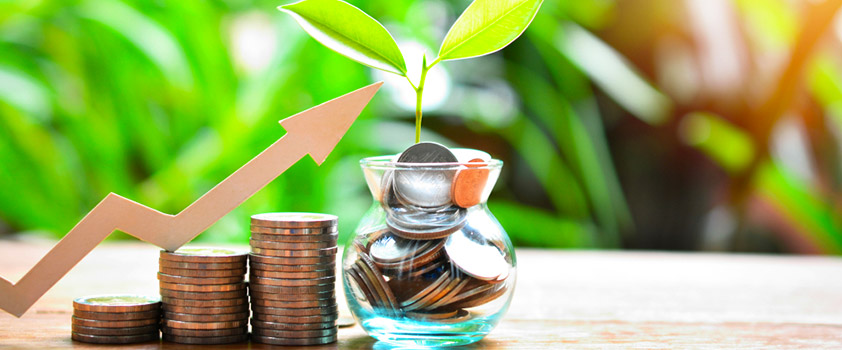Money is a valuable resource that helps you meet your expectations and secure your future. However, you should keep it safe and invest it wisely. Banks are considered the safest place to deposit your earnings and grow your wealth over time. One way to do this is by choosing the right account that offers interest on your savings and deposits.
Recurring and Fixed Deposits are popular options for those who wish to accumulate interest on their funds for future needs. These could range from emergency expenses, financial goals, or big-budget purchases. When the deposit reaches maturity, you receive the principal amount along with the accrued interest.
Also, since such saving instruments are not market-driven, you need not worry about uncertainties affecting your investment. But how do you choose one that is suitable for you? The following parameters help you decide:
Meaning
An FD is a long-term investment option where you deposit a significant amount at once and withdraw it after the chosen maturity period. The interest you earn is credited to your Savings Account either monthly or quarterly. The FD tenure can range from seven days to 10 years. This offers flexibility in choosing an investment period that aligns with your financial goals.
Meanwhile, RDs allow you to invest money regularly. Unlike FD, you need not make a lump sum one-time deposit. Instead, you deposit a fixed amount every month and earn interest on it. The total investment amount, along with the interest earned, is returned to you at the end of the maturity period. The interest rate offered stays constant throughout the investment period.
Click here – What is ELSS mutual funds and thing to consider before investing?
Interest yield
The Fixed Deposit interest rates are relatively higher than the RD. This is because it applies to the lump sum amount annually. Whereas in RD, the interest gets compounded quarterly. That way, you begin investing with a small amount and increase it gradually. The FD calculator, an online tool, helps you check the exact return rate on the deposit.
It is accurate, fast, and user-friendly. Access them anytime from the banking websites and adjust the variables accordingly. Also, there are no limitations to using an FD calculator. It is easily available and hence, a boon for all depositors.
Click here – Electrician in Brisbane North Gives 5 Electrical Safety Tips
Tips for selection
- If you do not have a significant investment amount but want to accumulate regular savings, then RDs are perfect for you.
- It is best to check the interest rates beforehand on your bank’s website or Banking App.
- If you receive a lump sum amount, such as a salary bonus, you should consider investing it in an FD to meet bigger expenses like buying a new car.
- FDs are popular for senior retirement planning, assured returns, and interest pay-outs.
Keywords: Fixed Deposit, FD






